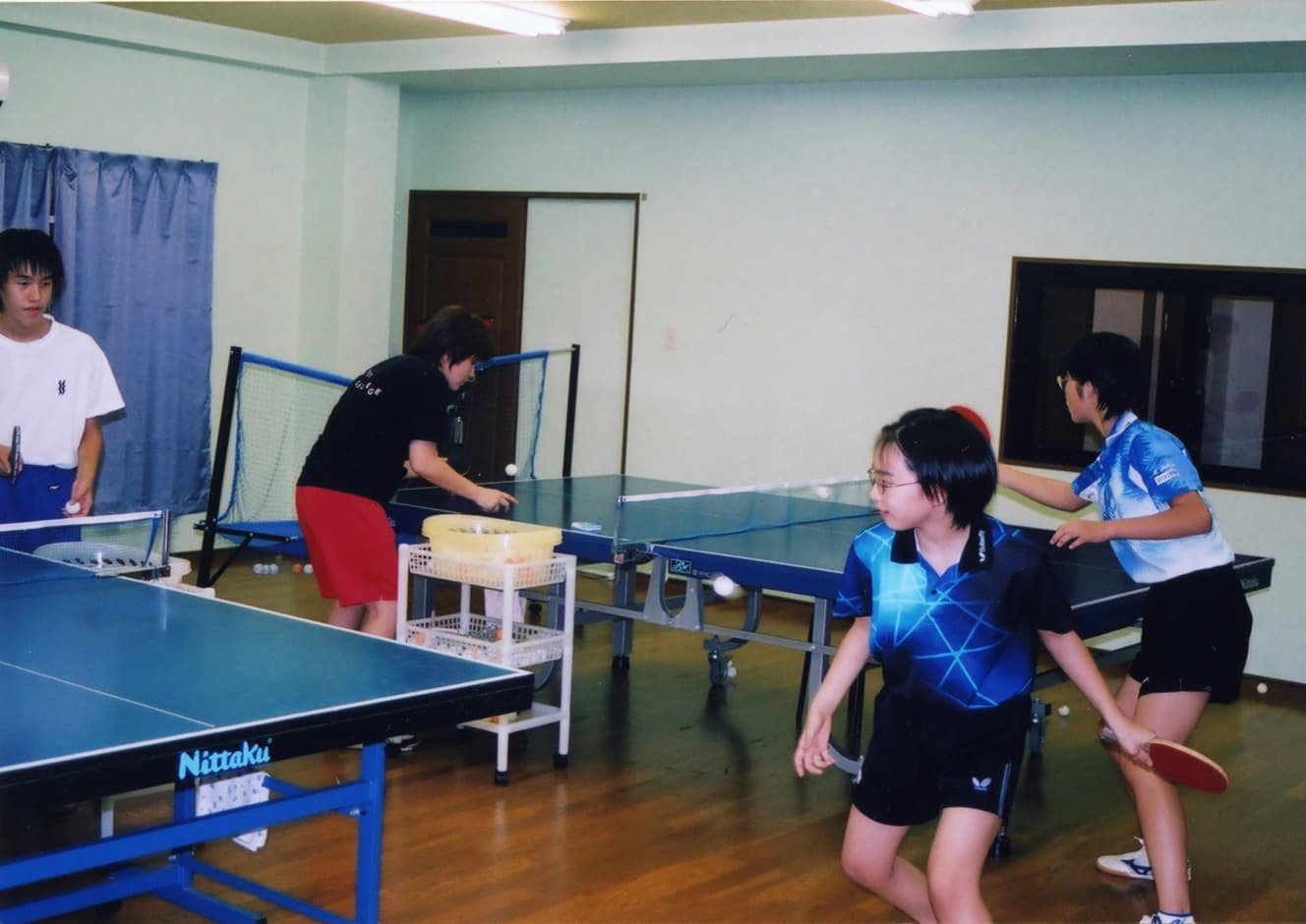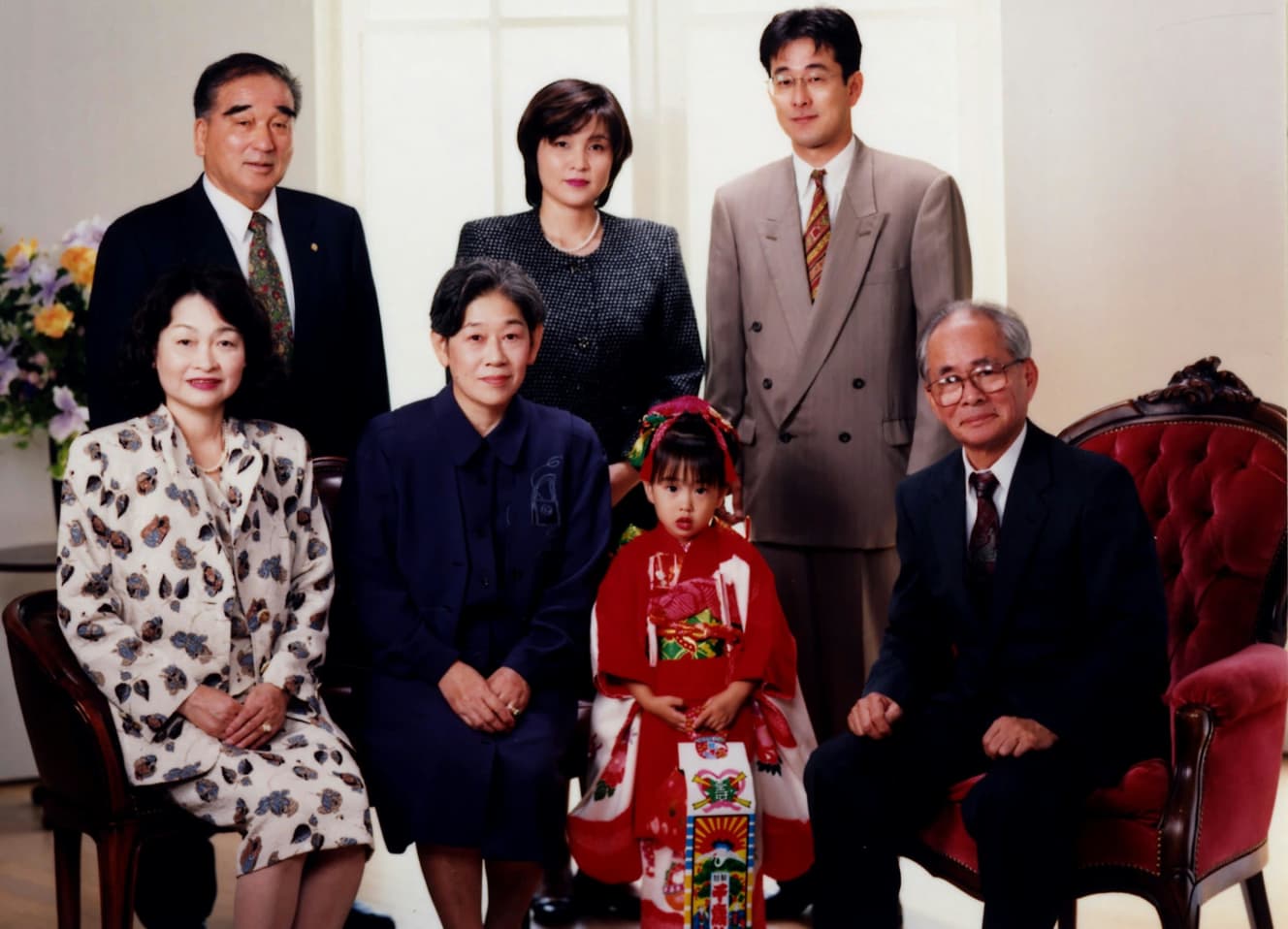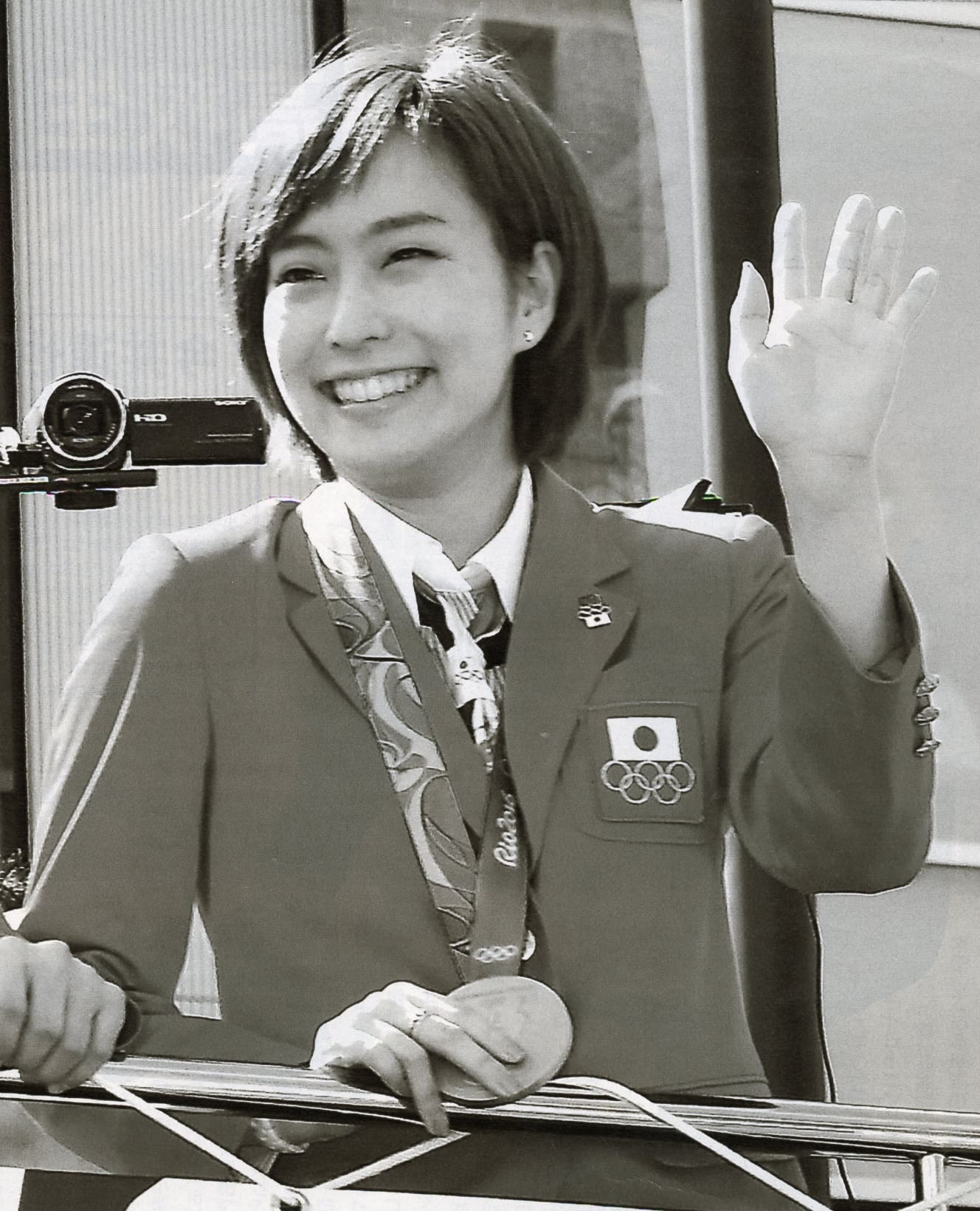Yoshizumi Ishikawa retires. Her father told this magazine that she “suffered through five years” to win the team gold medal at the Tokyo Olympics.

I, Yoshizumi Ishikawa, have decided to retire from active tennis after the WPP Champions Tournament in Macau in April.
On April 1, Yoshizumi Ishikawa, 30, a three-time Olympic medalist in women’s table tennis, announced her retirement on her Instagram page. In the update on April 24, just a week before this, she reported with a smiling photo that she had finished the WTT World Tour, Xinxiang, China, and Macau tournaments and reached the last 16, but made no mention of her retirement. In this retirement report, there is no photo of himself,
He said, “I couldn’t tell you in advance because I will continue to concentrate and fight with all my might until the last match as before. Since the beginning of this year, I have been thinking ‘this might be my last match’ at every tournament, and now I feel strongly that I have done all I can do, so I have decided to retire.
I have decided to retire,” she reported her retirement in a photo.
After Ai Fukuhara (34) retired, I have literally supported the Japanese women’s table tennis world. However, since ’18, I have been unable to break the semifinal barrier in major international tournaments, and I have also had a difficult time in Japan due to the rise of young players such as Mi Makoto Ito (22), Miu Hirano (23), and Hina Hayata (22). I have the strong impression that she struggled to the end of her active career,” said a reporter from a sports newspaper.
In the selection process for the Tokyo Olympics, she fought to the bitter end with Hirano for the second spot on the team. And then he won the singles team. Kimihisa Ishikawa’s father, Kimihisa, told this magazine about the “five years of suffering” leading up to that point. The following is a review of the details based on the article distributed by “Friday Digital” on August 3, 2009 (ages and titles in the article are current at the time of publication).
I think the one-year postponement was a positive thing for Kajun. She has had time to reflect on herself after the exhausting competition for the national team, which has given her more time to relax and her expression has softened.
Before the Games, Yoshizumi’s father, Kimihisa Ishikawa, sensed subtle changes in his daughter as she faced her third Olympics.
The Rio Olympics in 2004 marked a drastic change in the power structure of the women’s table tennis world.
Ishikawa, the ace of the women’s table tennis world, had won three consecutive All-Japan championships until 2004, but from 2005, she was no longer an “absolute presence. The generation born in the 2000s, including Ito Mimasaï, Hirano Miu, and Hayata Hina, has come to the fore.
Hirano’s ultra-fast, front-row, fast-paced table tennis and Ito’s creative style of table tennis sometimes surpassed even China’s. The table tennis game is evolving extremely fast. Table tennis is also a game in which technology evolves extremely quickly. Ishikawa is a player characterized by his comprehensive strength and rallies, but the times have come to pursue speed more and more. While Hirano and Ito were achieving gold stars against Chinese players, Ishikawa was not able to achieve the desired results for a long time.
From 2006 onward, Ishikawa had difficulty breaking the semifinal barrier at major international tournaments such as the World Championships, the World Cup, the ITTF World Tour Grand Finals, and the Asia Cup. Sometimes he was blocked by Chinese players, and other times he was defeated by non-Chinese players. In Japan, he also missed the finals at the All-Japan Championships, losing to Ito and Hayata.
Ishikawa’s table tennis is out of date.
It is the younger generation that can beat the Chinese.
It was not uncommon to hear such comments among those involved in table tennis. Ishikawa was forced to change his own style.
Around 2006, he began to show his discontent in the mixed zone more and more often.
I couldn’t play the kind of table tennis I wanted.
Whenever she said such words to our interviewers, we could feel the evolution of women’s table tennis, a fiercely competitive sport. And I could also sense Ishikawa’s own anguish at being in such a competitive environment.
Ishikawa and Hirano had been locked in a last-minute battle for the women’s singles team for the Tokyo Olympics until the North American Open final in December 2007, when they went head-to-head and Ishikawa eventually won the right to represent Japan at the Olympics. Not only had Ishikawa refined her service and receive, which she had been strengthening, but also her characteristic strong table tennis had been restored.
Kimihisa looks at Ishikawa’s five years after the Rio Olympics in this way.
I think the last five years have been a period of very ups and downs for Yoshizumi. He has been in fierce competition for the singles title, and it was tough for him to make the national team. As I have often said, I have been told that my table tennis is old-fashioned, and I always felt such frustration. That is why he was able to face the difficult practice to change himself, and was able to step in just in time. Perhaps I have a stronger sense of having ‘won’ the national team than at previous Olympics.
At the All-Japan Championships in January this year, Ishikawa beat Ito to win the singles title for the first time in five years. Ishikawa’s joyful expression seemed to have been released from the post-Rio depression.
After two Olympics, she felt she had to step forward to make table tennis more widely known. She especially likes to teach table tennis to children, saying, “I enjoy teaching children.
As the only daughter away from table tennis, she sent me Tajima beef for Father’s Day this year. It was the most expensive meat I had ever seen, and I ate it thinking, this must be expensive (laughs). She is very considerate to those around her,” said Kimihisa.
When I talked with Kazumi before the tournament, I felt her strong desire to bet on the team. In this tournament, doubles will be the first match of the team and will make the difference between winning and losing. That’s why she said she had spent so much time there in practice. He said that the team can aim for the best color medal. I feel that my behavior and sense of responsibility are changing now that I am the oldest player in terms of that goal.
In the singles competition, he unfortunately lost in the quarterfinals. However, in the team competition, where she had told her father of her determination, she inspired the team as captain.
If I had to describe her character in one word, it would be competitive and positive. In fact, she is the type of person who, once she goes to bed, forgets about it the next day and transforms herself, and she switches quickly.”
In the women’s team’s first-round match against Hungary on August 1, Ishikawa was often seen calling out to Hirano and Ito from the bench. Ishikawa’s dedication, which has evolved through her suffering, should be the key to winning a medal, surpassing the silver in London and bronze in Rio.
Resurgent champion at the ’21 All-Japan
In the women’s singles event at the Tokyo Olympics, she led the women’s team to a silver medal and became a medalist in three Olympic tournaments, although she lost in the quarterfinals, as mentioned in the article. However, the decline in her power was obvious to all, and at the Emperor’s and Empress’s Cup 2021 All-Japan Championships, when everyone felt that “Ishikawa’s days were numbered,” she made a comeback to win the championship by defeating Ito in the final of the women’s singles tournament. Ishikawa shed tears and choked on her words for 20 seconds during her victory interview. Report on her retirement,
The longer I have been active, the more I feel that I owe my success to the support of those around me. My coaches and trainers, my training partners who put in long hours of practice, my friends, and my family. I would like to express my heartfelt thanks to my team, who fought with me with the same spirit.
Ishikawa concluded with these words. We would like to send our heartfelt thanks to Ishikawa for his great influence on the spread of table tennis.




Interview, text: Shimei Kurita (Reproduced in full) PHOTO: Takeshi KINUGAWA (5th)